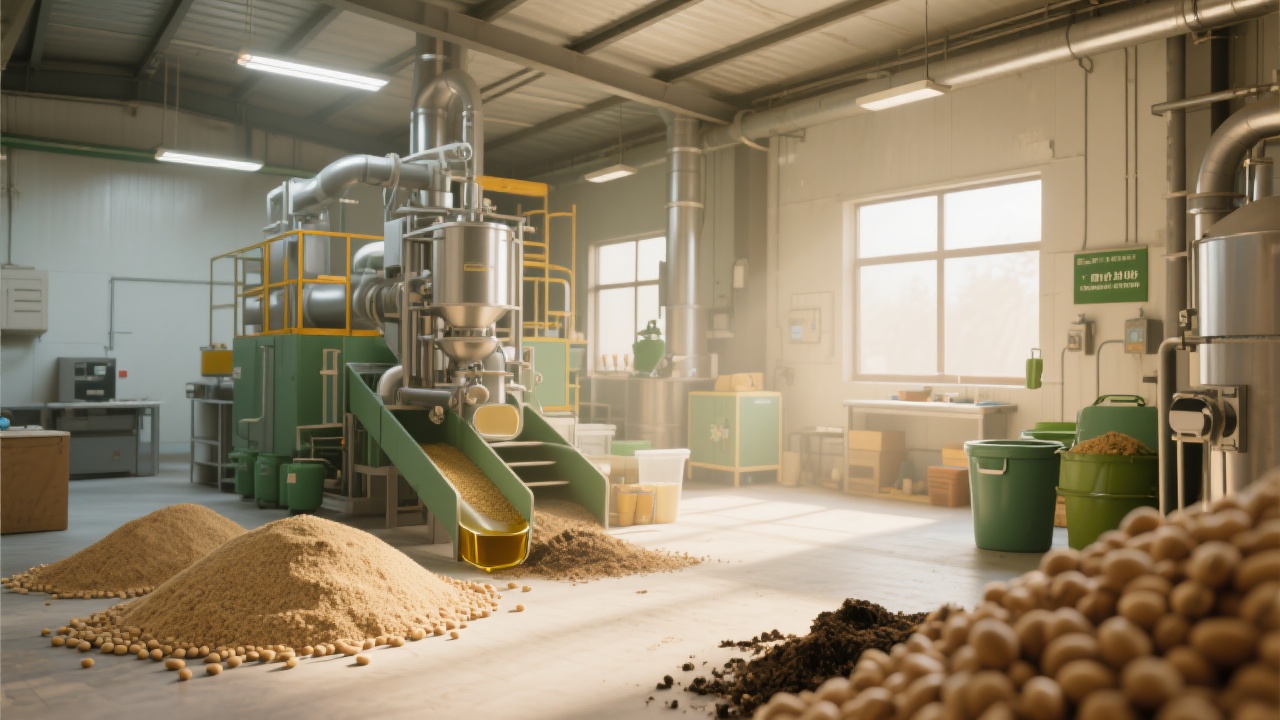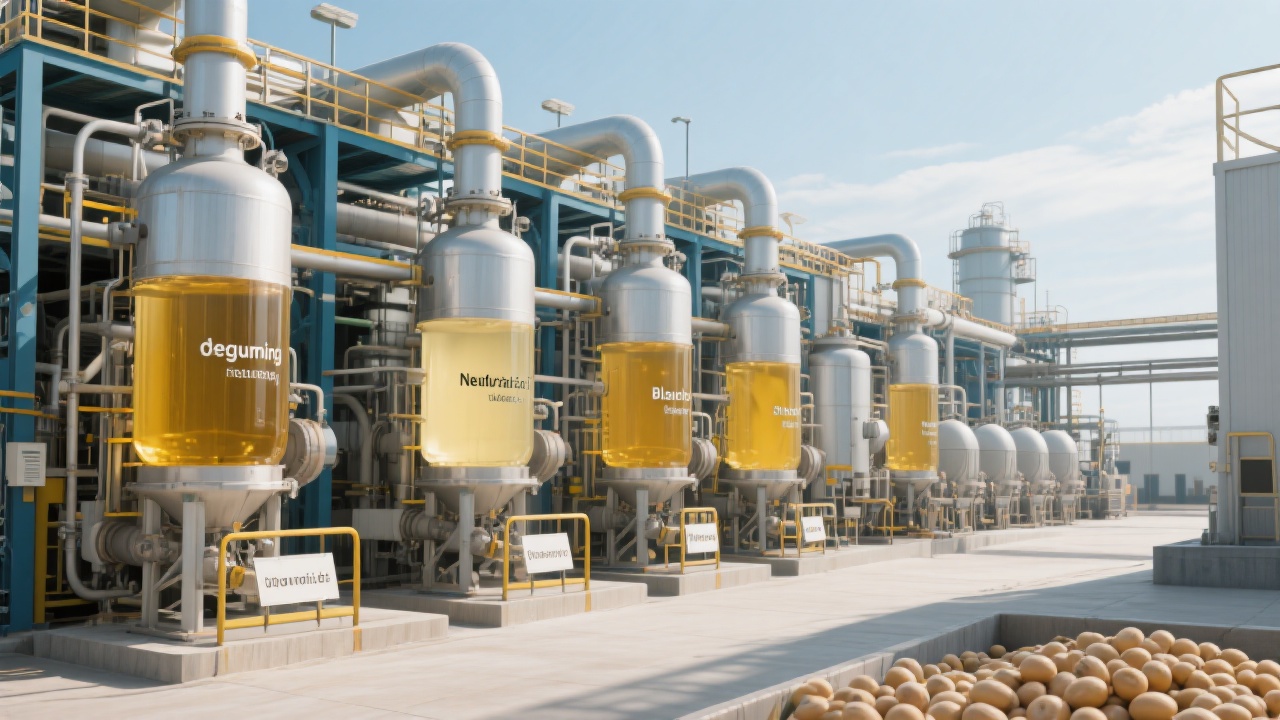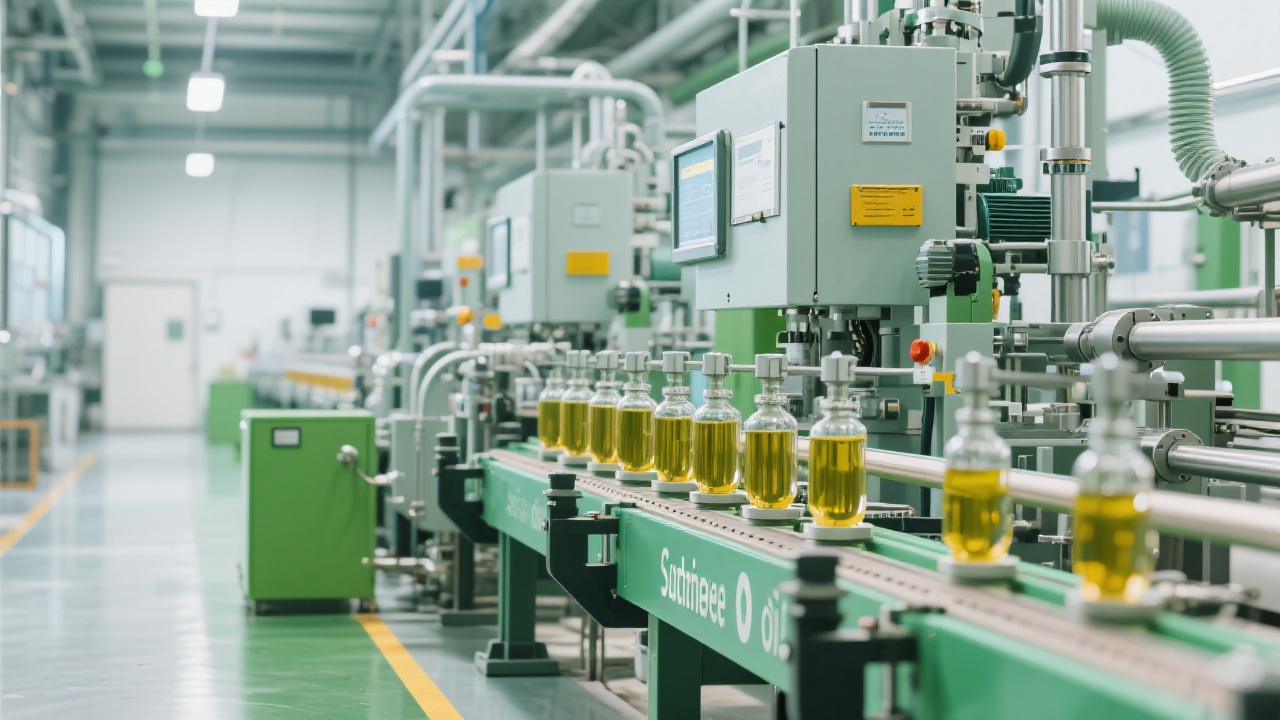
The palm oil industry continues to grow globally, driven by increasing demand for edible oils and bio-based products. Selecting appropriate refining equipment is critical for palm oil processing enterprises aiming to enhance production efficiency, product quality, and cost-effectiveness. This guide delves into the essential selection criteria and performance benchmarks of palm crude oil refining equipment, with a focus on the advanced technology offered by Penguin Group. By understanding key technical parameters and operational advantages, businesses can make informed decisions to optimize their refining processes.
The palm oil sector is characterized by complex raw material variability and rigorous quality standards. Modern refining demands equipment capable of handling high free fatty acid (FFA) content—often ranging from 5% to 10% in crude palm oil—while minimizing oil losses and maintaining sustainability. Equipment selection must consider throughput capacity, purification efficiency, automation capabilities, and compliance with environmental regulations, as these factors directly impact operational cost and product competitiveness.
Penguin Group has positioned itself as a leader in palm oil refining technology, offering equipment that integrates high-efficiency design with reliable performance. Key advantages include:
The immersion extraction technique utilized by Penguin’s equipment enhances contact between chemical agents and crude oil, accelerating the removal of impurities such as phospholipids and free fatty acids. This process optimizes neutralization efficiency up to 98%, reducing soapstock generation by approximately 15% compared to conventional methods.
| Parameter | Penguin Equipment | Typical Industry Standard |
|---|---|---|
| Neutralization Efficiency | ≥ 98% | 90% - 95% |
| Soapstock Reduction | 15% Less | Baseline |
| Throughput Range | 5 - 50 tons/hour | Varies |
Automation is crucial for consistent refining quality and operational safety. Penguin’s full Programmable Logic Controller (PLC) systems automate critical parameters such as temperature regulation, flow rates, and reagent dosing. This intelligent control minimizes human error, supports remote monitoring, and enables quick adaptation to varying input qualities. Real-time data analytics integrated within the PLC allow for proactive maintenance scheduling, thereby reducing unplanned downtime by an estimated 20%.

Environmental sustainability is a paramount consideration in modern industrial equipment. Penguin’s refining systems incorporate heat recovery units and optimized insulation to reduce energy consumption by up to 18% compared to legacy models. Additionally, the closed-loop water recycling system limits wastewater discharge, aligning with stringent international environmental standards. This sustainable design translates directly into significant cost savings and a reduced carbon footprint.

Testimonials from clients across Southeast Asia and Africa highlight Penguin’s refining equipment for its reliability and output consistency. For instance, a leading palm oil refinery in Indonesia reported a 12% increase in refined oil yield post-installation, alongside a 30% reduction in maintenance costs over 18 months. Another case in Nigeria underscored the equipment’s adaptability to high acidity crude, maintaining product quality without process interruptions.

When selecting palm crude oil refining equipment, enterprises should prioritize:
Looking ahead, advanced refining equipment is expected to incorporate AI-driven process optimization and IoT-enabled real-time performance tracking, driving the next wave of efficiency and sustainability improvements in palm oil production.
Discover How Penguin’s Refining Equipment Can Transform Your Palm Oil Production

